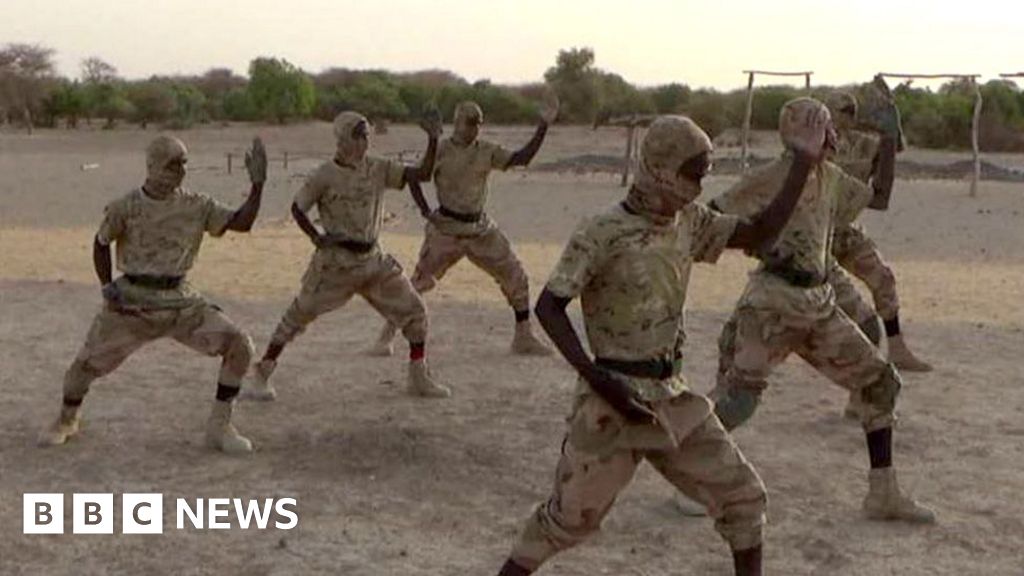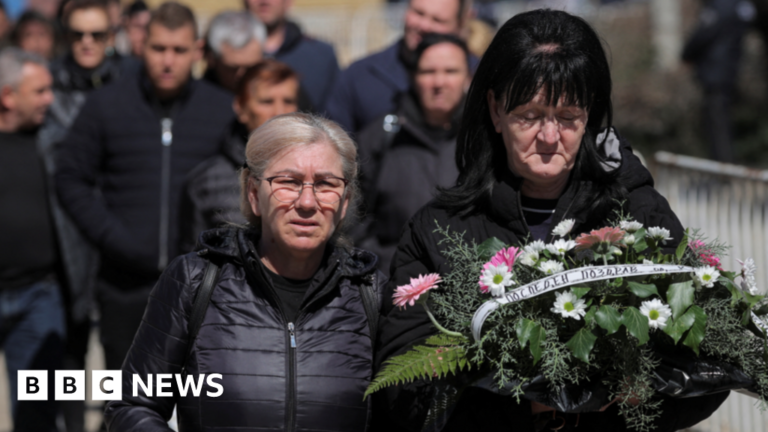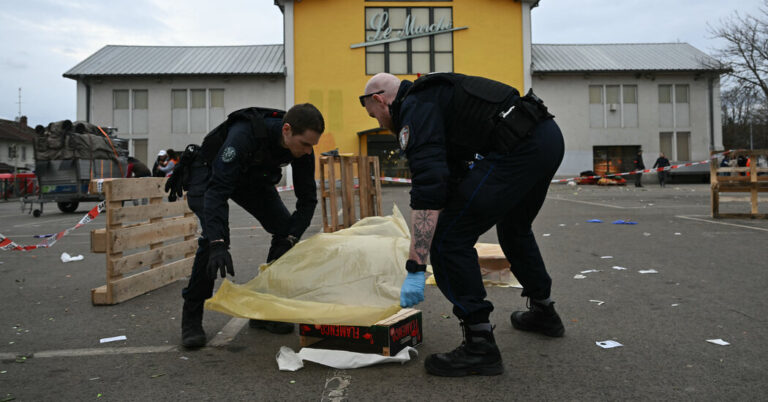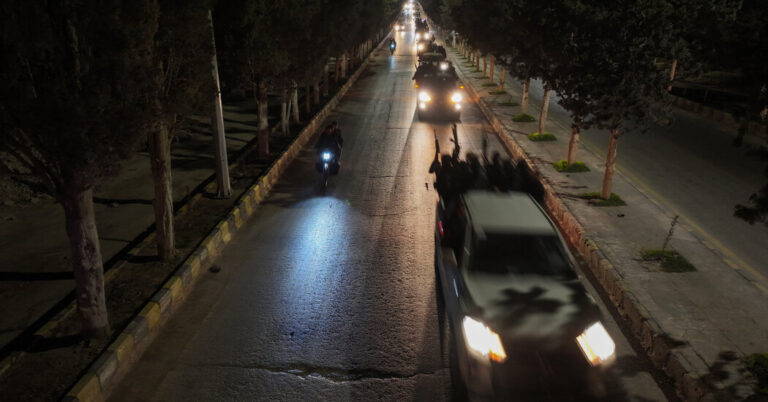Al-Qaeda affiliate Jama’at Nusrat al-Islam wal-Muslimin (JNIM) is the main group behind a surge in militant jihadist attacks sweeping across several West African nations, especially Burkina Faso, Mali and Niger. On 1 July, the group said it had carried out a major coordinated attack on seven military locations in western Mali, including near the borders with Senegal and Mauritania.
There is growing concern about the impact JNIM could have on the stability of the region. Burkina Faso, Mali and Niger have struggled to contain the violence – and this is one of the factors that contributed to several military coups in the three Sahel countries over the last five years. But like the civilian governments they replaced, the juntas are seemingly unable to stem the growing jihadist threat, especially from JNIM.
JNIM has become one of Africa’s deadliest jihadist groups within the space of just a few years. It was formed in Mali in 2017, as a coalition of five jihadist militant groups: Ansar Dine, Katibat Macina, Al-Mourabitoun, Ansar al-Islam, and The Sahara branch of al-Qaeda in the Islamic Maghreb. These groups started collaborating after the French military pushed back several jihadist and separatist organisations that were operating in northern Mali in 2012.
JNIM is led by Iyad Ag Ghali, a former Malian diplomat who belongs to the Tuareg ethnic group. He was at the helm of the Tuareg uprising against the Malian government in 2012 which sought to establish an independent state for the Tuareg people called Azawad. Deputy leader Amadou Koufa is from the Fulani community. Analysts believe the central leadership helps guide local branches which operate across the Sahel region of West Africa.
While it is difficult to know exactly how many fighters there are in JNIM’s ranks, or how many have recently been recruited, experts suggest it could be several thousand – mostly young men and boys who lack other economic opportunities in one of the poorest regions in the world.
The group rejects the authority of the Sahel governments, seeking to impose its strict interpretation of Islam and Sharia in the areas where it operates. Analysts say that in some areas, JNIM has been known to impose strict dress codes, implement bans against music and smoking, order men to grow beards and prevent women from being in public spaces alone.
JNIM has expanded geographically, establishing new areas of operation. It is now operational throughout Mali and 11 of Burkina Faso’s 13 regions. In the last year, Burkina Faso has become the epicentre of the group’s activities – predominately the northern and eastern border regions. This is, in part, because of divisions and defections in the country’s military as well as how deeply embedded the militants are in the local communities.
In recent months violent incidents have spiked in Burkina Faso to previously unseen levels. Major attacks have also recently been carried out in Mali, Niger and Benin. In the first half of 2025, JNIM said it carried out over 280 attacks in Burkina Faso – double the number for the same period in 2024. The group has claimed to have killed almost 1,000 people across the Sahel since April, most of them members of the security force or militias fighting alongside government forces.
The group has multiple sources of income, including cattle-rustling, which has become a major source of income. Research by Gi-Toc shows that in one year in just one district of Mali, JNIM made $770,000 from livestock. JNIM also imposes various taxes, including on gold and other goods. The militants have also been known to set up blockades, at which people must pay to leave and enter the area.
France’s armed forces were on the ground supporting the government in Mali for almost a decade, but this did not stop JNIM’s growth after it was formed. The G5 Sahel Task Force, a 5,000-strong group of international troops, was also formed to tackle the insurgency, but Burkina Faso, Mali and Niger have withdrawn, undermining the task force’s ability to tackle the insurgency.
Military coups took place in Mali in 2020 and 2021, Burkina Faso in 2022 and Niger in 2023. Poor governance under the military juntas in Burkina Faso, Mali and Niger has allowed militant groups like JNIM to flourish. The juntas were swift to tell French troops to leave, replacing them with Russian support and a joint force formed by the three Sahelian countries.
The military juntas in Burkina Faso and Mali have also been accused by human rights organisations of committing atrocities against civilians, particularly ethnic Fulanis. Human rights groups say the government often conflates the Fulani community with Islamist armed groups, which has further hampered peace efforts. Between January 2024 and March 2025, the military government and their Russian allies were responsible for 1,486 civilian casualties in Mali. This extreme violence against civilians has generated anger towards the government, fuelling further recruitment for JNIM.
Source link




